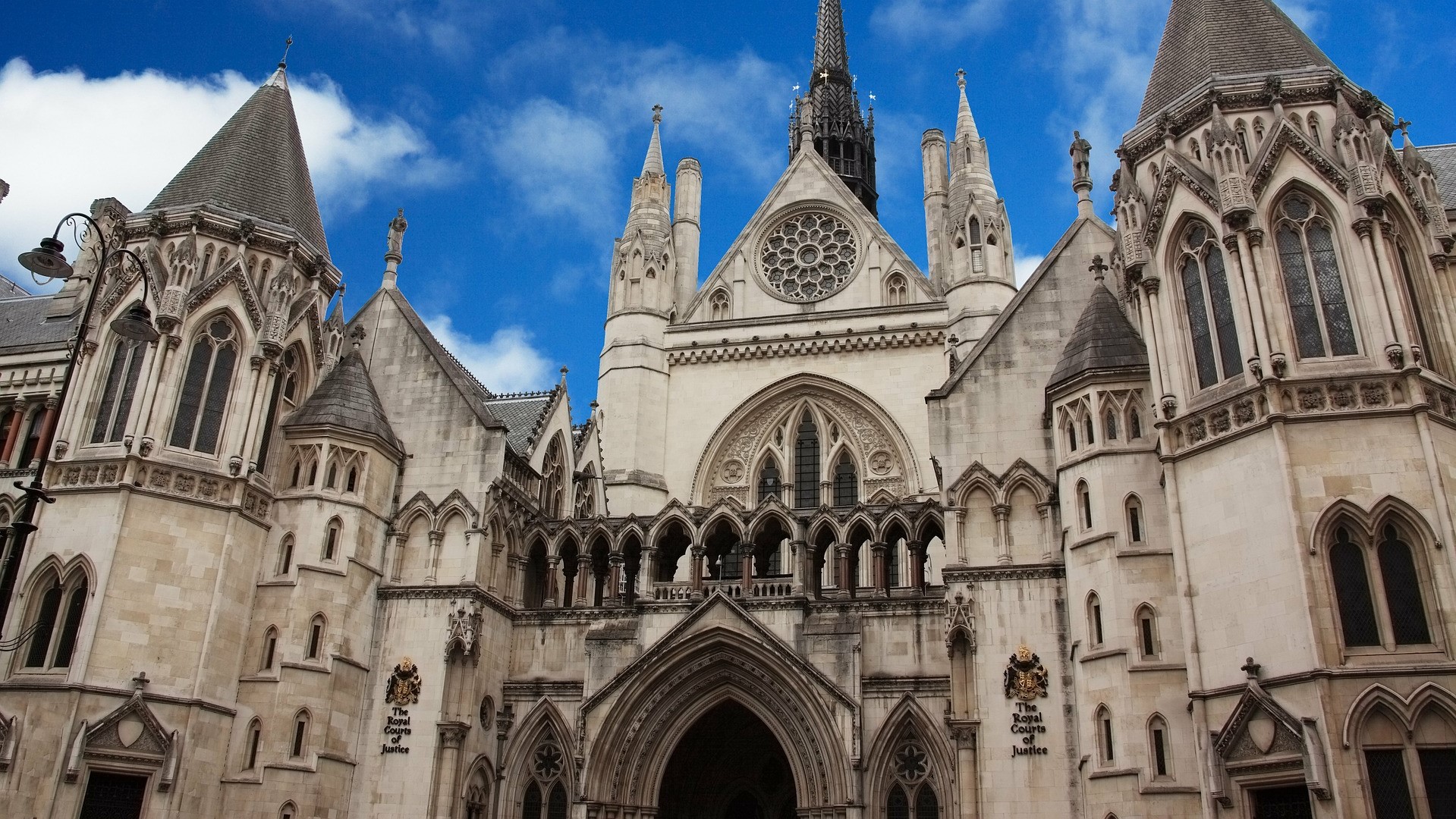Is the Health of Counsel Grounds for an Appeal?

Can serious ill health of counsel have an impact on a conviction?
What impact might the serious ill health of counsel have on the safety of a conviction? A recent case gave where counsel was taken seriously ill provided some indication as to whether there could be grounds for an appeal.
What happened?
The Appellant asked the Court of Appeal to resolve this question, which had been formulated in these terms:
“Where after a trial in which the defendant was convicted it becomes known that defence counsel was suffering from a serious illness, the presence of that serious illness gives the trial an appearance of unfairness which should result in a finding that the conviction is unsafe. This should be the case even where the decisions made by counsel during the trial are within the range of decisions open to competent counsel because the Court could not be sure that a motivating factor in reaching the decisions was not the presence of the serious illness.”
The Court of Appeal was somewhat critical of the wording of the question and responded in these terms:
“If there be force in that submission, it is difficult to understand why it should be limited to serious illnesses. What of a non-serious but debilitating condition such as a migraine, a hangover or a heavy cold? And what of events in the personal life of counsel, such as separation from a spouse or partner, a divorce or the death of a family member each of which might in retrospect be thought capable of having adversely affected the performance of counsel?”
So, what did the Court decide?
“The Appellant concedes that there is no evidence before this Court that the decisions made by leading counsel during the case and her conduct of the case were in any way influenced by her illness save, he suggests, the fact that she failed to take the opportunity to respond to requests for her comments on the complaints made against her. From this failure, [the Appellant] asks us to infer that leading counsel suffered symptoms from her condition during the case and that her conduct of the case was adversely affected by them. Neither is, in our judgment, a proper inference from that failure.”
The Appellant invited the Court to offer guidance to the Bar on whether or not counsel should, if he or she is feeling unwell during a case, inform the client of that fact or soldier on.
The Court held:
“We decline to do so. Such matters are best left to the professional bodies which represent advocates and to the common-sense of individual practitioners.”
In dismissing this ground of appeal, the Court concluded:
“The question for this Court is not whether counsel was unwell during the whole or any part of a trial, but whether the conduct of the defendant’s case, for whatever reason, fell below the proper standard so that the defendant did not receive a fair trial. Nothing has been placed before us either by way of evidence or submission which causes us to believe or suspect that this Appellant’s case may have been conducted incompetently or that leading counsel’s illness may in any way have interfered with the fairness of his trial.”
It can be seen that illness in itself does not give rise to any appeal point; the test for the Court remains whether the conviction is safe or not.
How We Can Help
If you have any questions in relation to this article or any aspect of an appeal process, please don’t hesitate to get in touch. Call us on 0161 477 1121 or email us.


